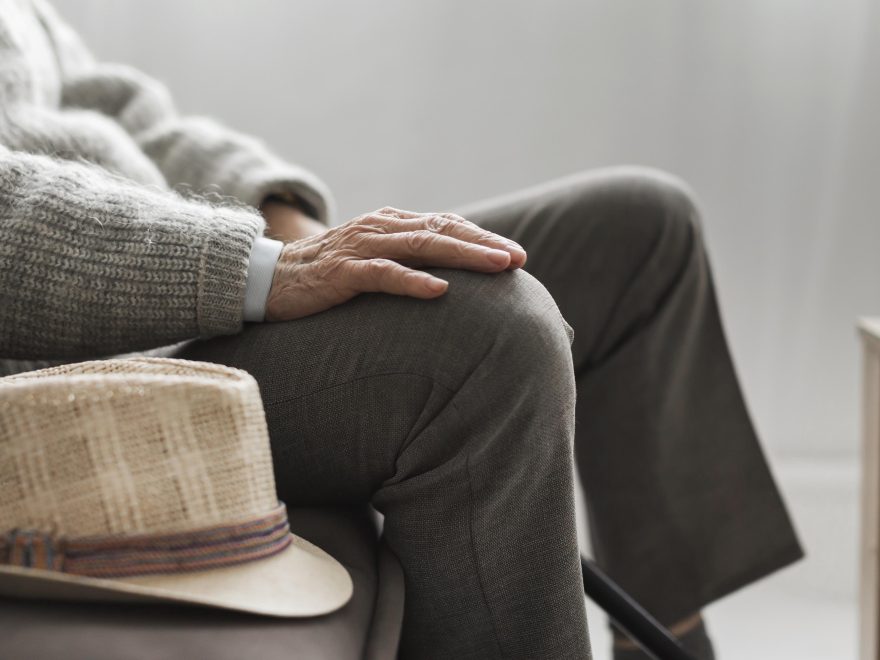New research by Age Care Bathrooms, carried out by YouGov, has revealed that 50% of UK adults aged 50 and over faced financial difficulty in keeping their homes warm during the winter.
The survey highlights the mounting pressure on older people, many of whom are on limited incomes or managing long-term health and mobility issues, as they try to cope with increased energy bills.
According to the data, 50.1% of over-50s said they either reduced their heating (25.4%) or adopted alternative ways to keep warm (24.7%). These methods included wearing extra layers, only heating one room, and limiting hot water use — all of which impacted their daily comfort and quality of life.
“Behind these statistics are real people — older adults skipping baths, layering up in cold homes, or sitting in unheated rooms to keep energy bills down,” said Sam Davies, founder of Age Care Bathrooms. “We’re talking about a generation that should be able to feel safe and warm at home, yet too many are forced into energy-saving tactics that can impact their well-being.”
How Older People Are Adapting
The responses point to widespread changes in daily habits:
- 60.9% wore more clothing indoors
- 35.6% set their heating to run at limited times
- 22.5% avoided bathing to conserve hot water
- 3.4% sought warmth in public venues such as libraries or retail spaces.
Uneven Struggles Across the UK
The survey also revealed significant regional differences. In Wales, 35% of older people reduced heating, with just 45.3% reporting no difficulty staying warm — the lowest level of comfort nationally. Scotland was not far behind, with 27.9% cutting heating. The East of England appeared least affected, with only 21.6% reducing usage and 53.1% saying they didn’t struggle.
“These regional differences tell a wider story — about inequality in infrastructure, local energy support, housing conditions, and income levels,” Davies noted. “Older adults in some parts of the UK are much more vulnerable to winter hardship than others.”
Improvements That Could Help
When asked what would most improve their winter conditions, warmth and efficiency topped the list:
- 30.2% said more efficient heating systems
- 21.9% called for better insulation. These responses clearly indicate a desire for energy-efficient solutions.
Looking Ahead with Concern
With energy costs remaining high and doubts around the continuation of government support, these figures raise concerns for the future.
“This isn’t just a winter issue — it’s a public health concern,” Davies warned. “Cold homes can trigger or worsen respiratory problems, increase the risk of falls, and lead to isolation and poor mental health. We need to treat this with the urgency it deserves.”
Age Care Bathrooms is urging action from policymakers to:
- Reassess and improve winter fuel assistance
- Make energy efficiency grants more accessible
- Enhance awareness of existing support schemes.
“No one should be sitting in a cold house because they’re afraid to put the heating on,” added Davies. “There’s a growing number of people silently struggling behind closed doors — and unless we act, those numbers will only rise.”
Survey Overview
This research was commissioned by Age Care Bathrooms and conducted online by YouGov in March 2025, polling a nationally representative group of 1,008 UK residents aged 50 and over.

